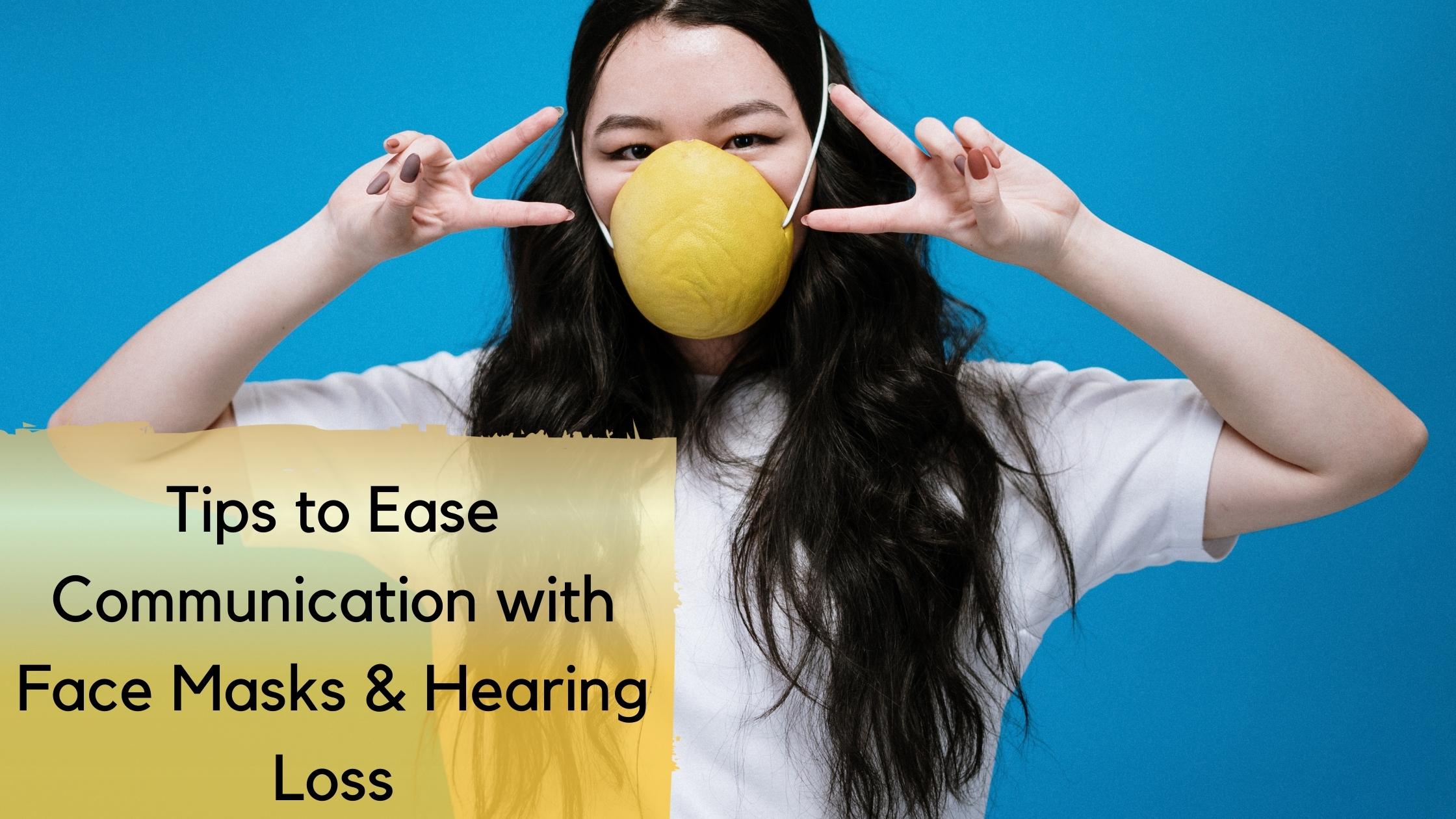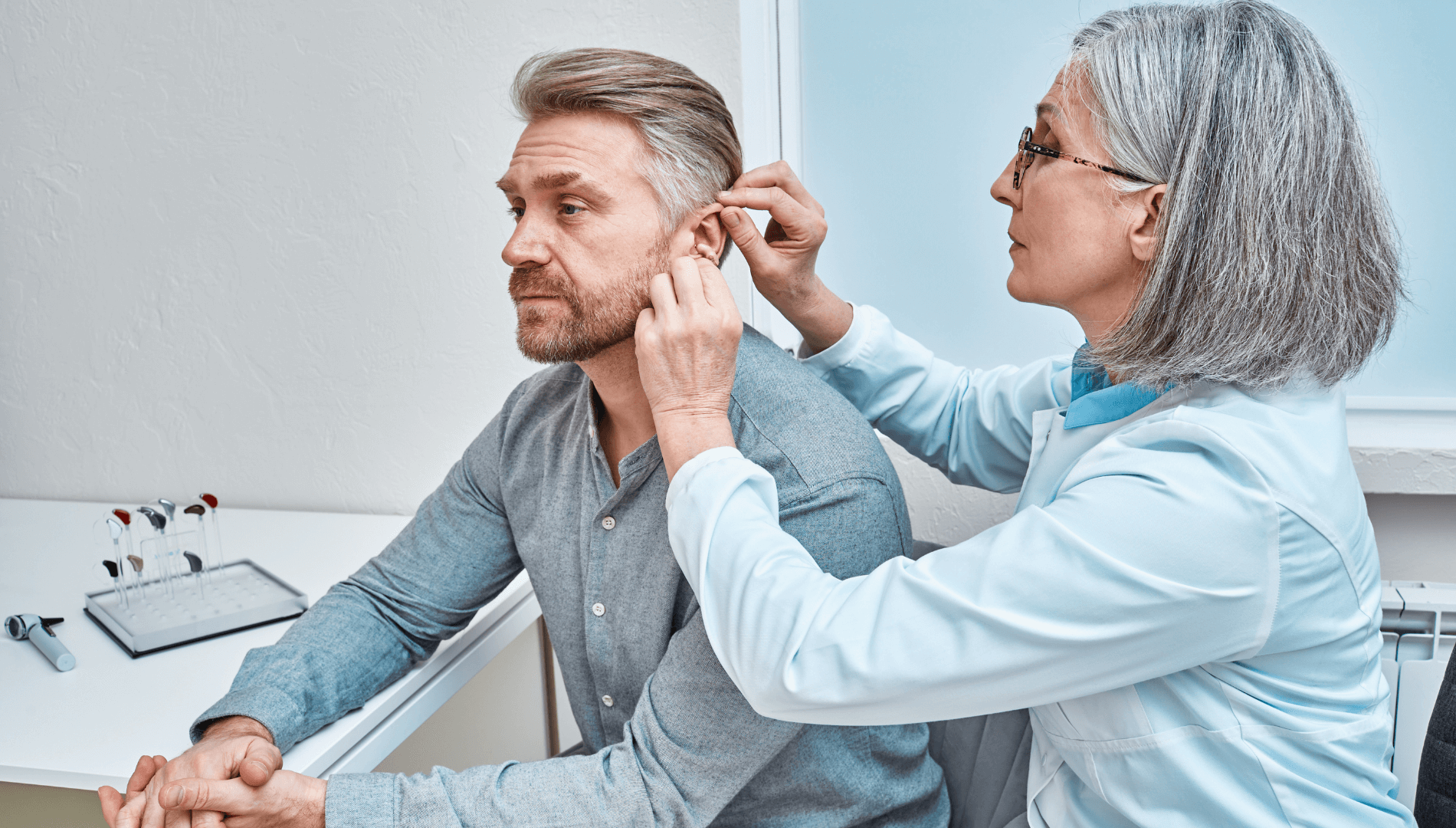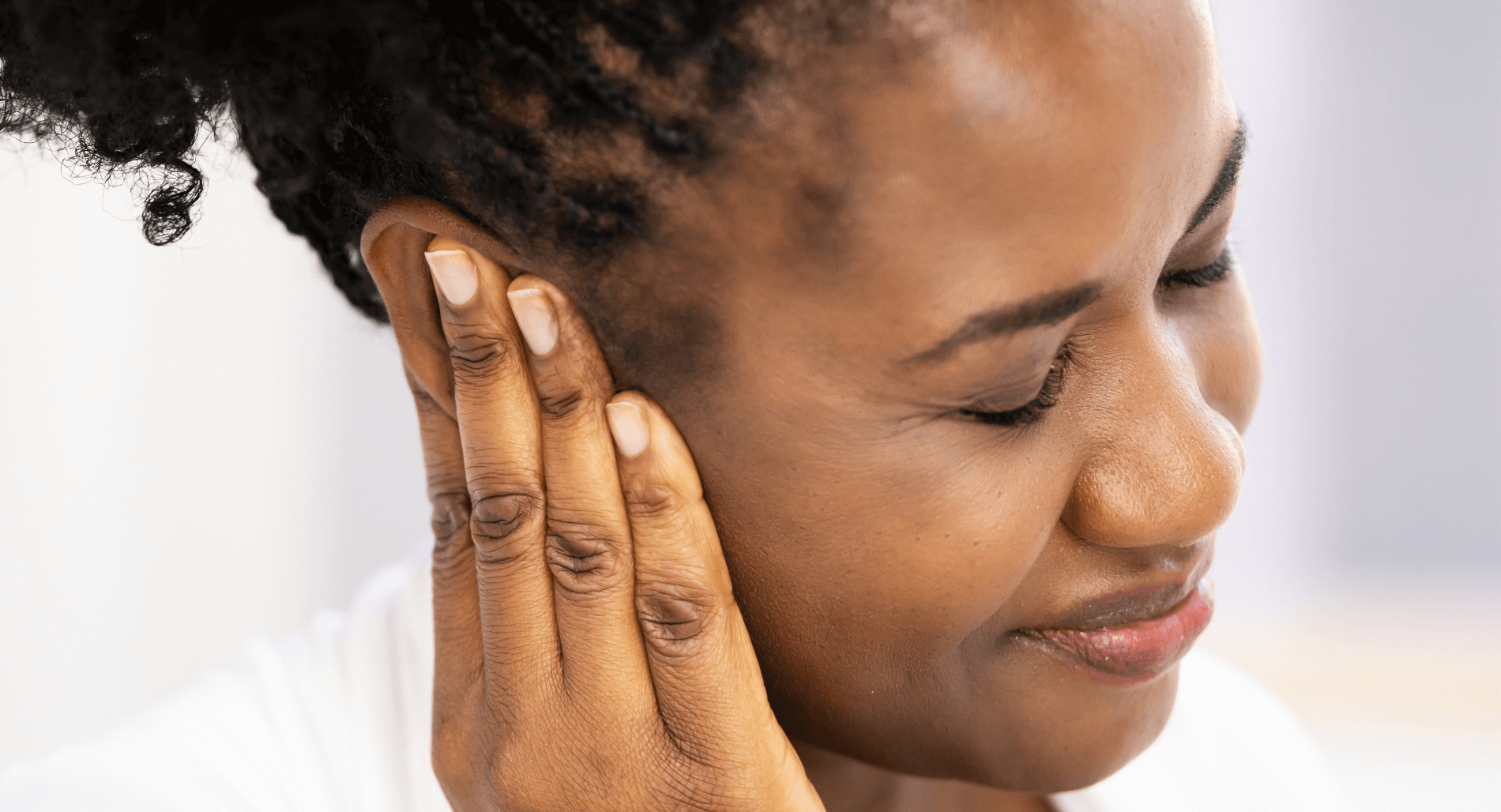
Its been nearly two years since the arrival of COVID -19 and all of its variants. It has changed so many aspects of our lives for so many people, including how we socialize, and when and where we wear masks. With the high spike in cases with the arrival of the omicron variant, public health officials are again insisting on the importance of certified KN95 or KF94 masks to effectively block out the aerosol droplets of the virus which linger in the air and are small enough to fit through gaps in lose fitting masks and fabric masks. While this can often prevent and protect against the spread of the virus, it comes with a lot of difficult side effects as well. For those with hearing loss, communicating with others with face-covering presents a new set of challenges.
Face Masks and Hearing Loss
Wearing face masks makes it hard even for people with normal hear and follow conversations. For those with hearing loss masks make it extra difficult to understand what people are saying. Sounds are muffled by masks. It also eliminates an important support system, many with hearing loss rely on – lip-reading a facial expression. Many with hearing loss whether they realize it or not may have learned to lip read over the years. This can act as an aid to help them understand what they can’t hear. It is also often hard to tell if people are smiling, frowning, or bored. Reading facial expressions further amplifies individuals with hearing loss’s ability to follow a conversation.
Communication Tips with Face Masks
Covering up the lower portion of the face makes communication more difficult for the hearing impaired but there are strategies to communicate clearly and still be safe.
Wearing a Mask with Hearing Aids
If you are living with diagnosed hearing loss, the most common treatment is hearing aids. These tiny devices most likely have changed how you communicate and amplify sound. However, wearing a mask can have added challenges. The straps of masks can get tangled in your hearing aids, or their elasticity can even dislodge and fling your precious hearing aids across the room. To avoid this, try using masks with straps that go behind the head instead. Many reports that these take away from pressure around the ears as well. You can also try mask extenders. These are usually plastic straps that can connect to behind the ear loops of masks on either side, removing the need to hang the mask strap around your ears.
Rely on Visual Cues
If you need to communicate with someone with hearing loss and need to wear a mask to maintain safety, it is important to make sure they have a clear view of your face. Even with a mask, they can still use your eyebrows and eyes to reveal added context as to what you are trying to say. Maintain eye contact to make sure they are following you and make sure your face is well lit. Don’t start speaking until the person you’re speaking to is looking at you. If you need to, say the person’s name first or try gently tapping their shoulder. Make use of nonverbal cues whenever you can. Even if they can’t see your mouth, nonverbal cues include hand gestures and shaking of your head.
Speak Clearly
When speaking to someone with hearing loss, it’s a good idea to speak a little slower but not too slow. It can be a delicate balance to make sure a hearing-impaired person can hear but doesn’t feel condescended towards. When wearing masks, you need to speak up to compensate for the muffled sound masks create, but shouting can distort sound, making it harder to hear. Try speaking clear, projecting, and enunciating. This can improve how communication proceeds. If you need someone to hear something, make sure you choose a location with less background noise, as this can further confuse and distort the sound.
Treat Your Hearing Loss
If you are finding that masks are making it hard to hear and you haven’t been diagnosed with hearing loss, it’s a good idea to explore this as an option. Many people have discovered they have a hearing loss during this time. If you suspect you may have a hearing issue, this is a great time to schedule a hearing test. We can find out the extent of your hearing and find a solution to help you hear your best.

Should I Get Fitted For Hearing Aids?
Matthew Favinger, M.S., F-AAA

A Comprehensive Look at Conductive Hearing Loss
Matthew Favinger, M.S., F-AAA

